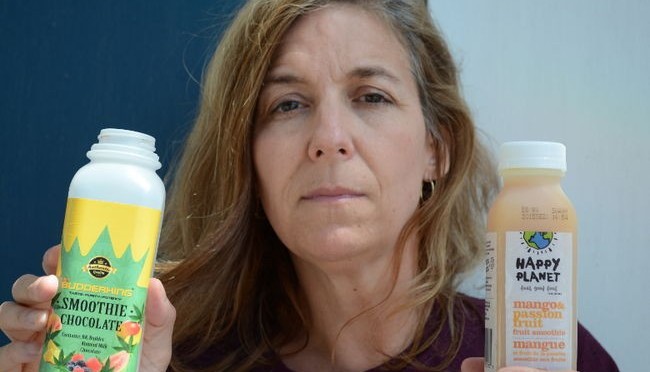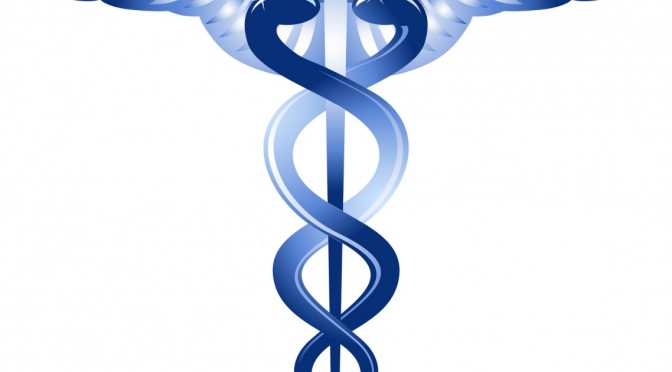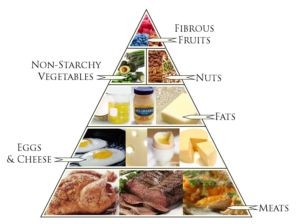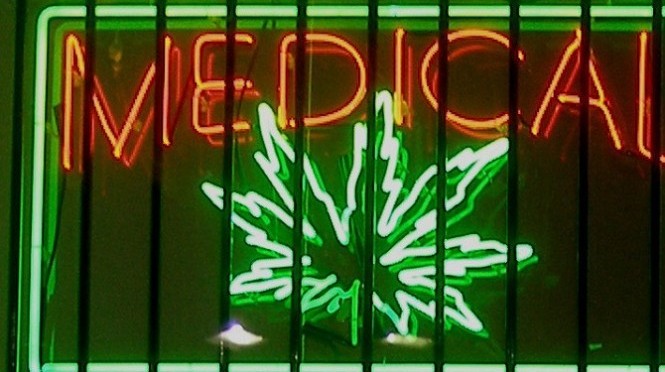A reporter for Parents Opposed to Pot did some investigating of medical marijuana dispensaries in the West. Here’s the report.
You don’t need a card to visit a medical marijuana dispensary, but I did obtain certification for the program. It’s easy. Anyone can obtain one. Just say you have pain, no proof required; headaches qualified me. Visits to more than 20 marijuana dispensaries in the West have been revealing, even a bit horrifying.
I asked them to educate me about marijuana. They are happy to comply and worked diligently to sell me their drugs. However, I brought up my concern about its addictive nature. They tell me I am wrong, it is not addictive, just a little bit psychologically addictive.
Wait a minute. That is exactly what addiction is –- psychological, a brain disease.
Asked if they are familiar with the diagnosis of “severe cannabis-use disorder, they tell me no, never heard of it, no such thing. Or they rationalize:
“That is just anti-cannabis lobby talk.”
“It’s just a medical billing code for a doctor to be reimbursed by health insurance.”
I ask if a user has to use more of the drug all the time to achieve the same “medical” results and they answer me yes sometimes, but that does not mean it is addictive or that tolerance is being built. They just like it more. I was told by one young man that he can quit any day but that he won’t because he just doesn’t like being “NOT stoned all day long.”
One young receptionist told me she has her program card for pain but she really uses pot for studying because she has never before studied as well as she does when stoned. The truth is that marijuana is known to harm the brain, not help it. Is she really studying better, or just thinking that?
I’ve been told that the doctor who oversees dispensaries has assured all of the staff and the patients that the drug is not addictive. I know current studies show otherwise and some state programs require the dispensary to give the customer a printed disclosure of the risks of addiction. Still they deny it.
In my experience the doctor is often a naturopath, although one naturopath in Oregon strongly discourages pot.
In Colorado, the only requirement to be a medical marijuana provider must be age 21 or older. What other “professions” require no qualifications, no training?
The Arizona Medical Marijuana Program issues an annual report each year with revealing statistics. In 2014 71% of the cardholders used the drug for severe and chronic pain as their only need. 90% claimed chronic pain as one of their needs. The largest category of cardholders are males under the age of 30. It is sad that there is so much severe and chronic pain in young males.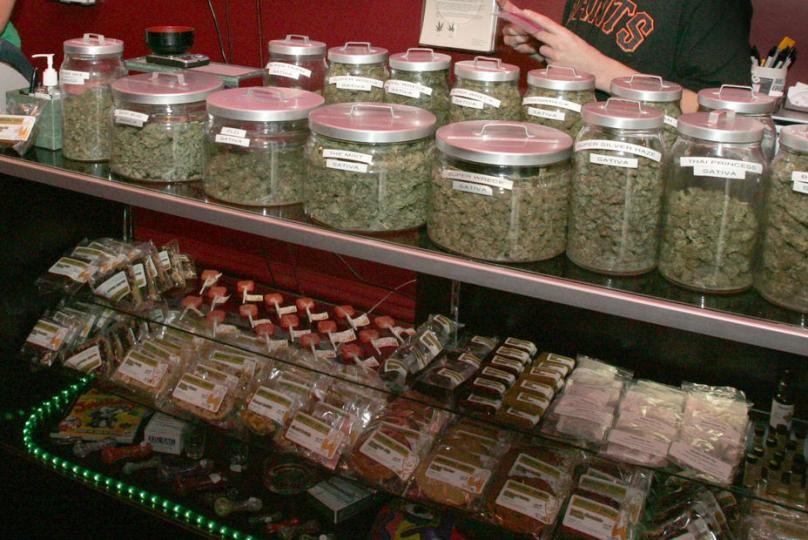
In a medical marijuana clinic in Telluride, Colorado, a young woman became irritated with my questions and began discourse about alcohol being more dangerous than marijuana. I asked if their customers replace their alcohol use with marijuana. Here is when it got really shocking. She answered that she advised them to do the same thing she does: eat a marijuana edible before going to a bar, then drink. The name for that is cross-fading. Each substance magnifies the effect of the other.
I asked one dispensary manager why the Arizona Program has a high limit for the amount that can be purchased, roughly the equivalent of 10 joints per day. He answered “Some people are so sick they need that much”. He showed me a small bud that had been treated with extracts resulting in THC equivalent of 10 joints. Turbo pot. The state program limit is in grams, not in potency. He was showing me I can purchase FAR more than the equivalent of 10 joints per day. No one uses that much; the program has much potential for those who resell to others. A user can support drug habits of several within the limits of this program.
My investigation gave me some insight into why the marijuana industry has worked so hard to increase the potency of pot. A little bit goes a long way and the addiction potential is so much stronger.
My opinion? Medical marijuana programs in the West are recreational marijuana programs. Each expansion of marijuana laws invites more young people into addictive activity. Is that what you want for our children and grandchildren? Remember, when they enter a dispensary, they will not be cautioned about addiction. They will be encouraged to buy excessive quantities of pot. That’s what dispensaries do – sell drugs.

